Evidence Project
Evaluating what is evidence of learning in schools
Most teachers leave school at the end of the day, week, term,and year with the same basic questions resounding in their heads: Did my students really learn what I hoped they would? Was I effective at helping them move along? Did I provide enough help to those who needed it most?
Few teachers have a place to discuss these critical questions in a serious and rigorous fashion anywhere in their professional lives. Too often, supervision in public schools is sporadic, perfunctory, and little help in guiding the way to improvements. The dominant mode of professional development in most school systems is the introduction of new materials or instructional approaches to large groups of teachers in a lecture thinly disguised as a "workshop." Many teachers have a weekly planning session with some of their colleagues, but these conversations are typically focused on planning for events (arranging busses for a trip or materials for a project), solving immediate problems (allocation of dwindling resources, like paper), or sharing ideas and strategies. These are important issues, but they do not fundamentally address the hard questions teachers carry in their heads at the end of the day.
In the current testing culture of our public schools, it is likely to be even more confusing for teachers to sort out what, of all the many aspects of student life and performance in the classroom, should count as evidence of learning. If teachers do not accept standardized tests as adequate monitors of what matters most in student learning and classroom life (and much of Project Zero's research supports this skepticism), they are left alone to decide what evidence to pay attention to and how to judge their own performances as teachers.
This isolation of teachers as they grapple with these complex questions undermines the effort to transform schools from a set of loosely connected units into vibrant and evolving learning communities. Teachers and administrators need structures and support to develop the kinds of conversations and processes that create collective responsibility for assessing and improving instructional practices and learning opportunities. Central to those conversations is collective inquiry into what counts as evidence of true student learning.
Begun in July, 1998, The Evidence Project was a three-year effort, working in a small number of Massachusetts schools serving youth from low-income communities, to develop effective methods of assessing instructional practices in K-8 classrooms. These methods will be based on three basic principles:
- that assessment of instruction should be done collectively by teachers and administrators in their own schools as an ongoing and regular practice;
- that student work is a reflection of the learner, the teacher and the school (or learning environment); as such, it should be a primary source of evidence of student learning;
- that the goal of assessment is the improvement of teaching and learning and, therefore, should be designed to lead directly to planning, trying out, and revising new approaches.
Over three years, the Project Zero team:
- Established working teams of teachers, administrators, and school-based facilitators within the project schools with whom to collaborate in developing new approaches to the assessment and improvement of instructional practices.
- Designed and experimented with different protocols for conducting conversations about student work as evidence of student learning and analysis of that work for what it reveals about the effectiveness of instructional practices.
- Worked with teachers to document their efforts to improve their teaching and conduct subsequent analysis of the improvements with their colleagues.
- Engaged these teachers in reviews of these practices and their effectiveness as assessments that can lead to improving teaching.
- Convened "network" meetings bringing the core teachers from the project schools together to share experiences and review each other's work.
- Documented these practices both as a foundation for assessing the effectiveness of the project and as a basis for developing materials that can be shared with teachers and other educators in other settings.
The study provided a significant model of school improvement from within, maintaining central roles for teachers and administrators. Project Zero also developed materials for about this model for adaptation in other schools.



-
-
-
-
-
-
Support PZ's Reach